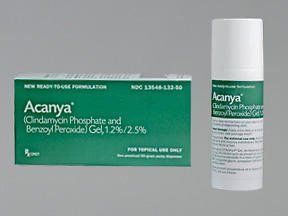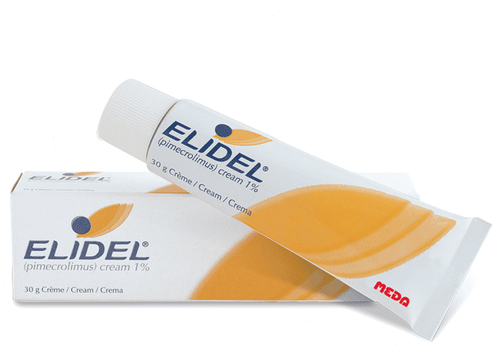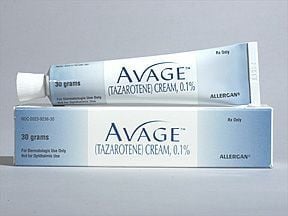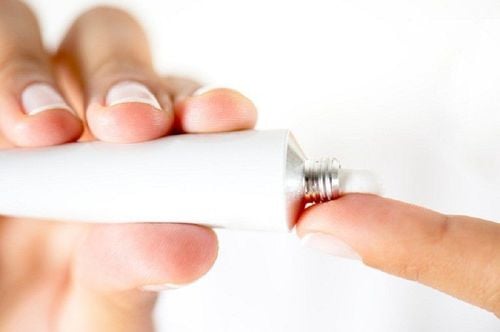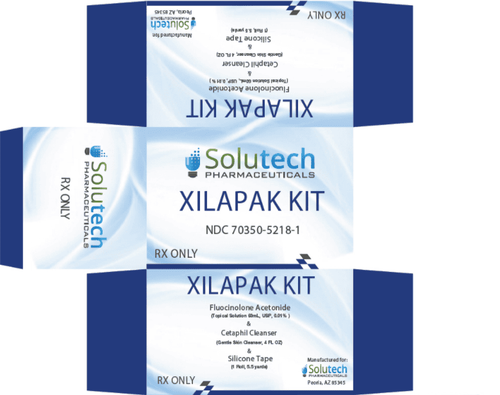This is an automatically translated article.
Dermofar is on the list of drugs for patients with dermatological diseases. The drug is applied to the skin, so it may cause irritation in certain subjects. Let's find out to understand what Dermofar medicine does.
1. Uses of the drug Dermofar
Dermofar is a cream that is applied to the skin to treat dermatological conditions. Almost all cases of patients with dermatitis syndrome, folliculitis can be used. In addition, problems such as eczema, skin infections can also be prescribed to use Dermofar. Moreover, scratches that lead to skin infections can be used.Dermofar medicine can indirectly treat diseases through wound treatment on the skin. Uses outside of the published indications can be flexibly used under the direction of a doctor. Therefore, you need to consult more advice as well as instructions from your doctor for detailed instructions.
2. Dosage and how to use Dermofar
Before using Dermofar should clean the damaged skin. The antiseptic cleaning step will remove dirt and some of the bad bacteria that exist. If you forget to clean the skin before applying the drug, the ability to absorb Dermofar will decrease, thereby affecting the therapeutic effect of the drug on the patient.
After the injured skin area has been cleaned, apply the medicine to the skin. You can wear gloves to apply medicine or pay attention to wash your hands thoroughly before handling the wound so that bacteria on your hands do not enter, making the wound more serious. For minor wounds, apply the drug once a day, and for more severe conditions, it can be increased to 3-4 times and monitor the next change.
The dose of medicine used should be just enough on the wound area. If there is a large or small wound, consult a doctor. The doctor will give specific instructions on how to clean and care for the wound with medicine to facilitate monitoring and assessment of the drug's osmotic status.
3. Precautions before taking Dermofar
Dermofar is a dermatological drug, so it can cause skin irritation if you do not check the ingredients carefully before using. Some anti-inflammatory drugs can cause burning, even discomfort for patients after use. You should pay attention to check the ingredients to detect the risk of allergic reactions to the ingredients of the drug before using.
For some patients who are determined not to be allergic or allergic to any of the ingredients of the drug, consider using the drug slowly. Use the word mild first. Then gradually increase the dose to avoid drug interactions after use that can be dangerous to the skin and health of the patient.
According to studies from experts, some individual cases may require contraindications to Dermofar. Not every patient with inflammatory skin syndrome is suitable for treatment with Dermofar. So if you have a skin disease caused by a virus attack, a fungus on the skin or acne, consult your doctor. In these cases, the use of Dermofar is generally not recommended.
Moreover, if the wound causing inflammation shows signs of ulceration, it will not be possible to use Dermofar. In addition, the patient may need to have a laboratory analysis to exclude the risk of superinfection in the skin before taking the drug. Injuries to the ear are contraindicated to use Dermofar, because it can lead to perforation of the eardrum if applied to the ear canal area.
Dermofar tube lotion after opening the cap will be exposed to the atmosphere. Care should be taken to store the product in the right climatic conditions. Always check the expiry date of the medicine before applying it to the skin. Avoid using expired medications that can cause severe skin irritation or damage.
4. Side effects of Dermofar
Side effects of Dermofar drugs are usually caused by skin irritation with drug ingredients or improper use of the drug as directed by the doctor. Especially when using a lot of corticosteroids on the damaged skin will cause serious effects. You may also notice some of the following symptoms when using corticosteroids for a long time on the skin:
Skin atrophy Inflammation of the skin, acne-like rash, Dense growth, Decreased pigmentation, Dry skin
5. Interactions with Dermofar
Currently there is no statistical or recognized information on drug interactions with Dermofar when used concurrently. However, it is not recommended to use more than one topical medication at the same time. Using multiple drugs can cause drug antagonism even complicate symptoms and make it difficult to determine the cause and treatment options.
To avoid the risk of drug interactions, discuss carefully with your doctor about your current medical situation. At the same time, provide sufficient information about prescription drugs and supplements being used to objectively assess the risk of interactions between drugs.
Above are the shares for you to understand what Dermofar is. If you need to find out more information as well as the level of suitability for your skin pathology, please visit the hospital for advice and guidance.
Please dial HOTLINE for more information or register for an appointment HERE. Download MyVinmec app to make appointments faster and to manage your bookings easily.





